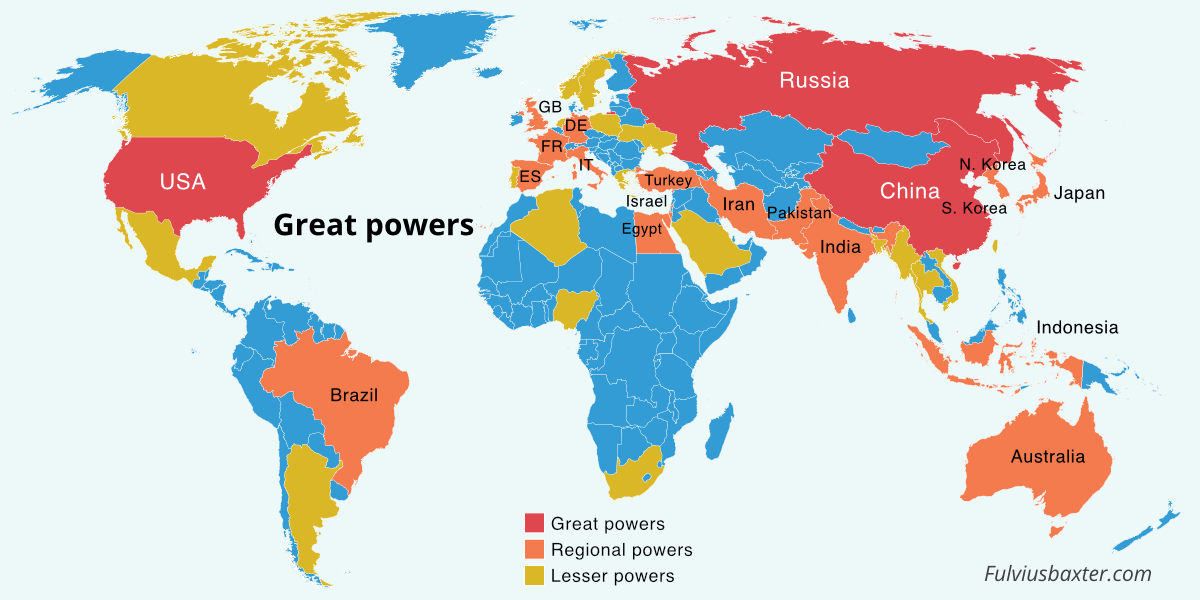 According to many communists, the fate of the capitalist system is that the corporations keep growing, until there are only a handful of global giants left, and they control world politics together with the corrupt ruling class. According to the theories of state monopoly capitalism and its inherent imperialist ambitions.
According to many communists, the fate of the capitalist system is that the corporations keep growing, until there are only a handful of global giants left, and they control world politics together with the corrupt ruling class. According to the theories of state monopoly capitalism and its inherent imperialist ambitions.
Capitalism always strives for monopoly. The free market is an illusion that exists only to level the playing field; when companies have grown large enough, free market policies are abolished through economies of scale, patent rights and regulations that effectively stop smaller upstarts. The big companies can afford lawyers and legal assistance; for them, regulation is a competitive advantage.
But why stop at a handful of big companies? Shouldn’t there eventually be just one big company left? That owns everything, and can appoint politicians and civil servants. What if we were to follow the given evolution of capitalism to its true end point?
The mega-corporation becomes a cross between a state and a company. Everyone is on its payroll. They can set wage levels and conditions. There is no competition. Laws and regulations are also based on the company. The focus is on managing the labour force so that it is reasonably happy, with the illusion of free will and progress, so that there is no unrest, because stability is the mother of development.
That sounds like – yes – some form of communism?
So there is no need for a revolution. The inherent development of capitalism, as many see it, can definitely end in autocracy and socialism.
Revolution in this context is rather something that is used to interrupt the development. Something that is encouraged and started by a competitor who wants to take market share or completely take power from the prevailing elite. It becomes a way of hijacking development to one’s own advantage, without changing much of the process or the political content. Instead of imperialism (spreading democracy) there is talk of internationalism, and instead of working for the good of the company, solidarity with the revolution is emphasised.
Communists would call the monopolistic end of capitalism fascism. They would not recognise its kinship with their own ideology. Even though fascism itself has strong ties to socialism, both the Italian and German versions.
For those who think that today’s developments are increasingly reminiscent of the final phase of capitalism, and wonder why so many rich capitalists behave like socialists, the theory of state monopoly capitalism and its similarity to communism may provide some kind of explanation. It may also explain why old classical liberalism was deeply sceptical of monopolies, cartels and socialism.








